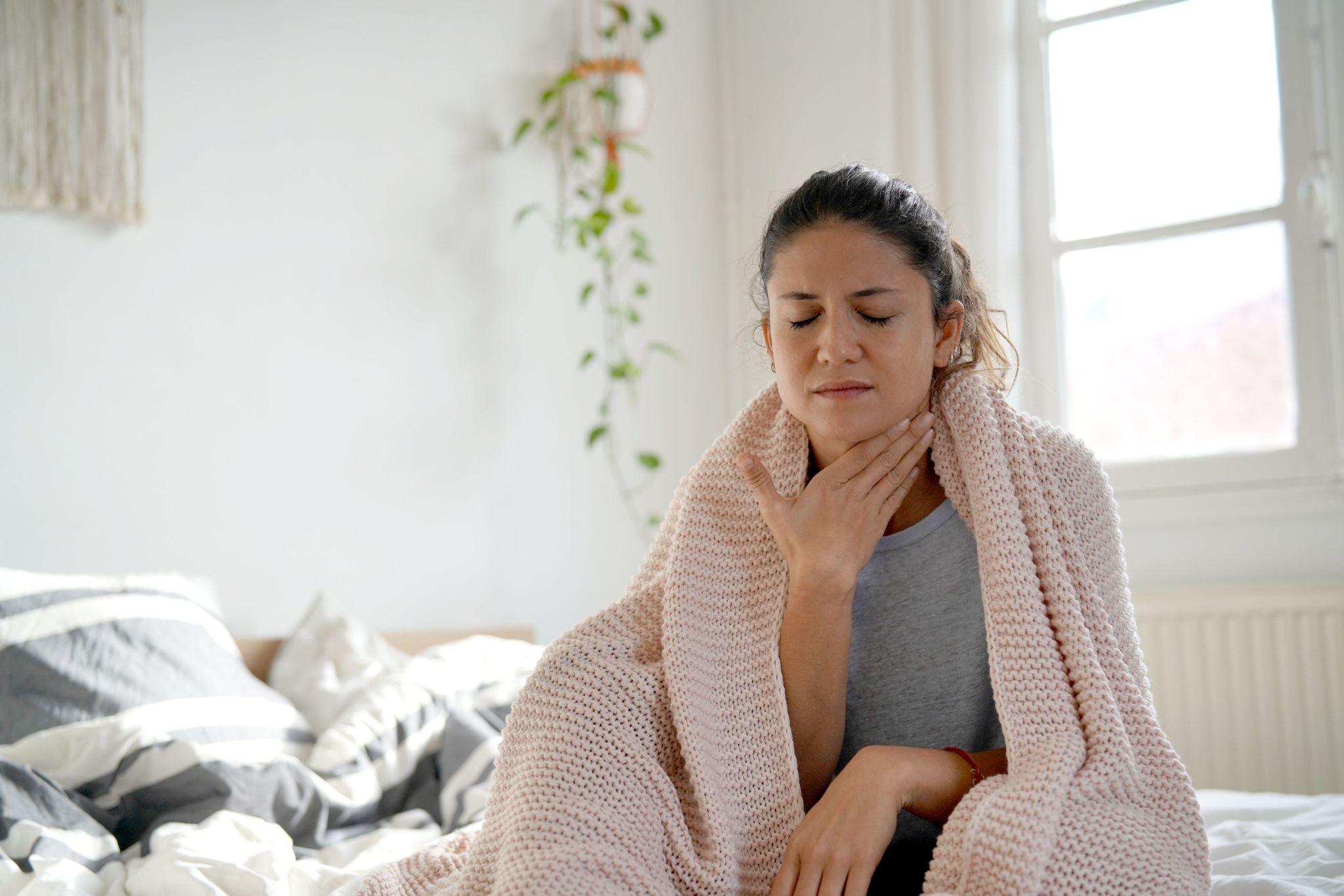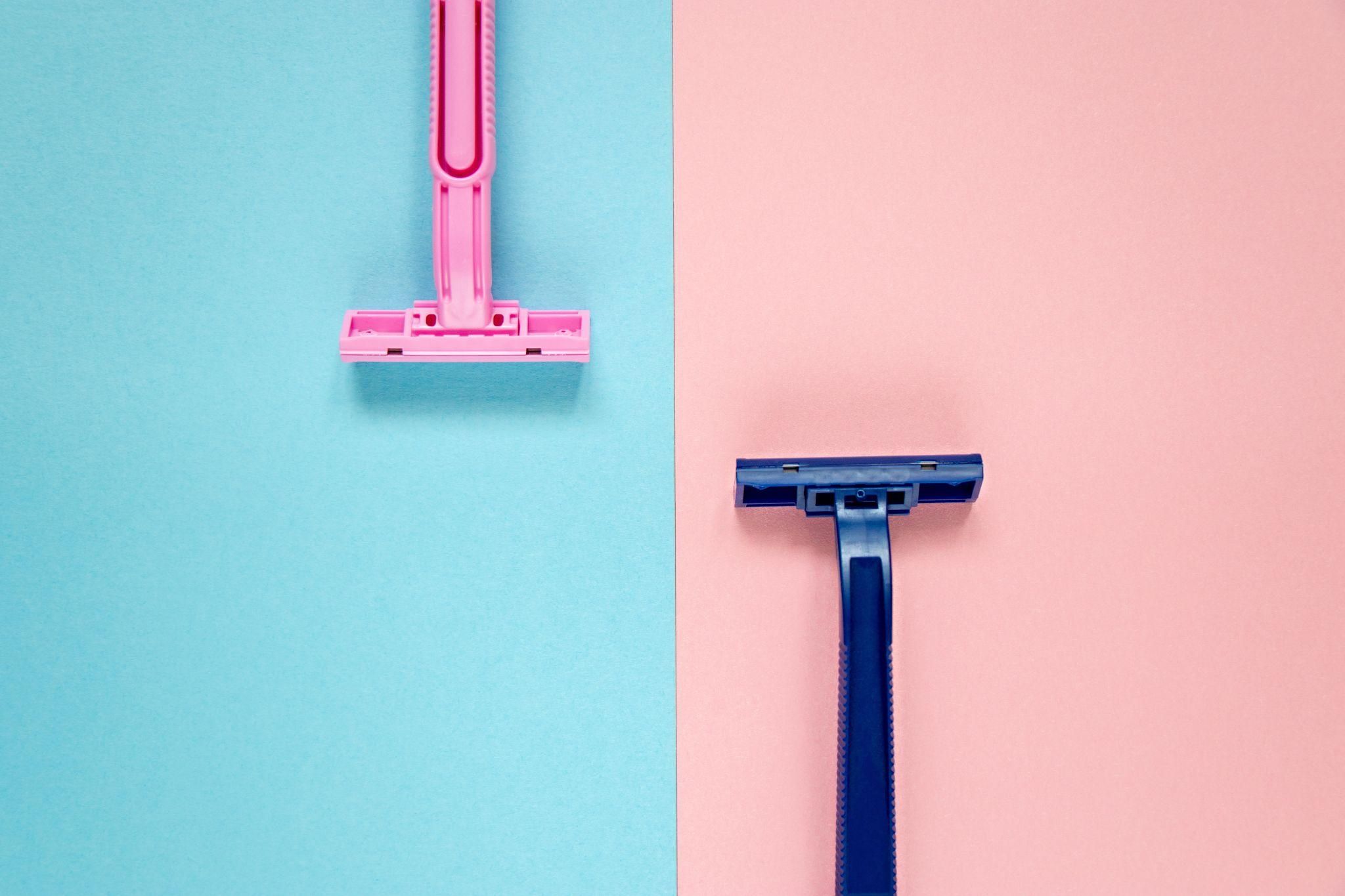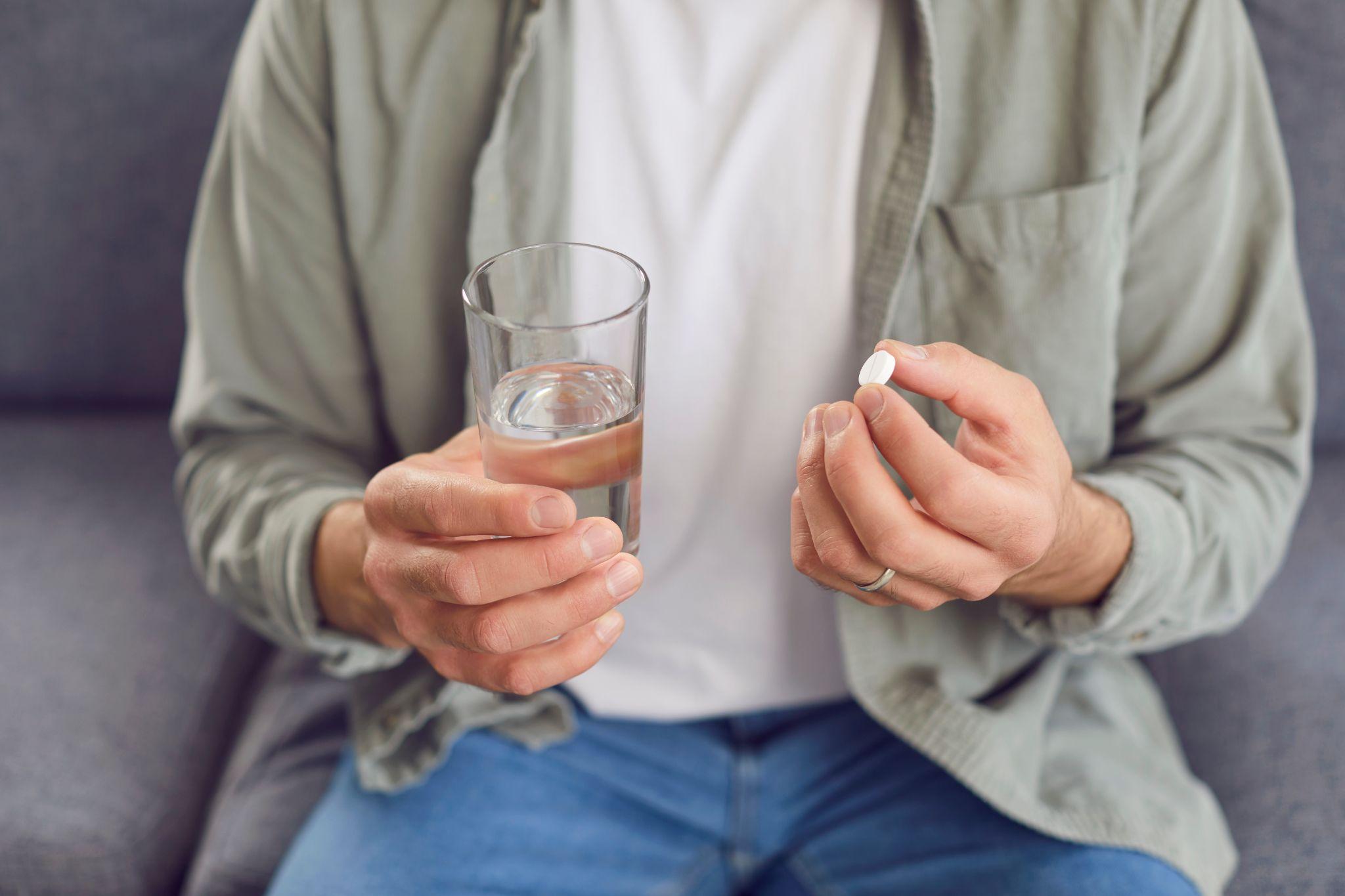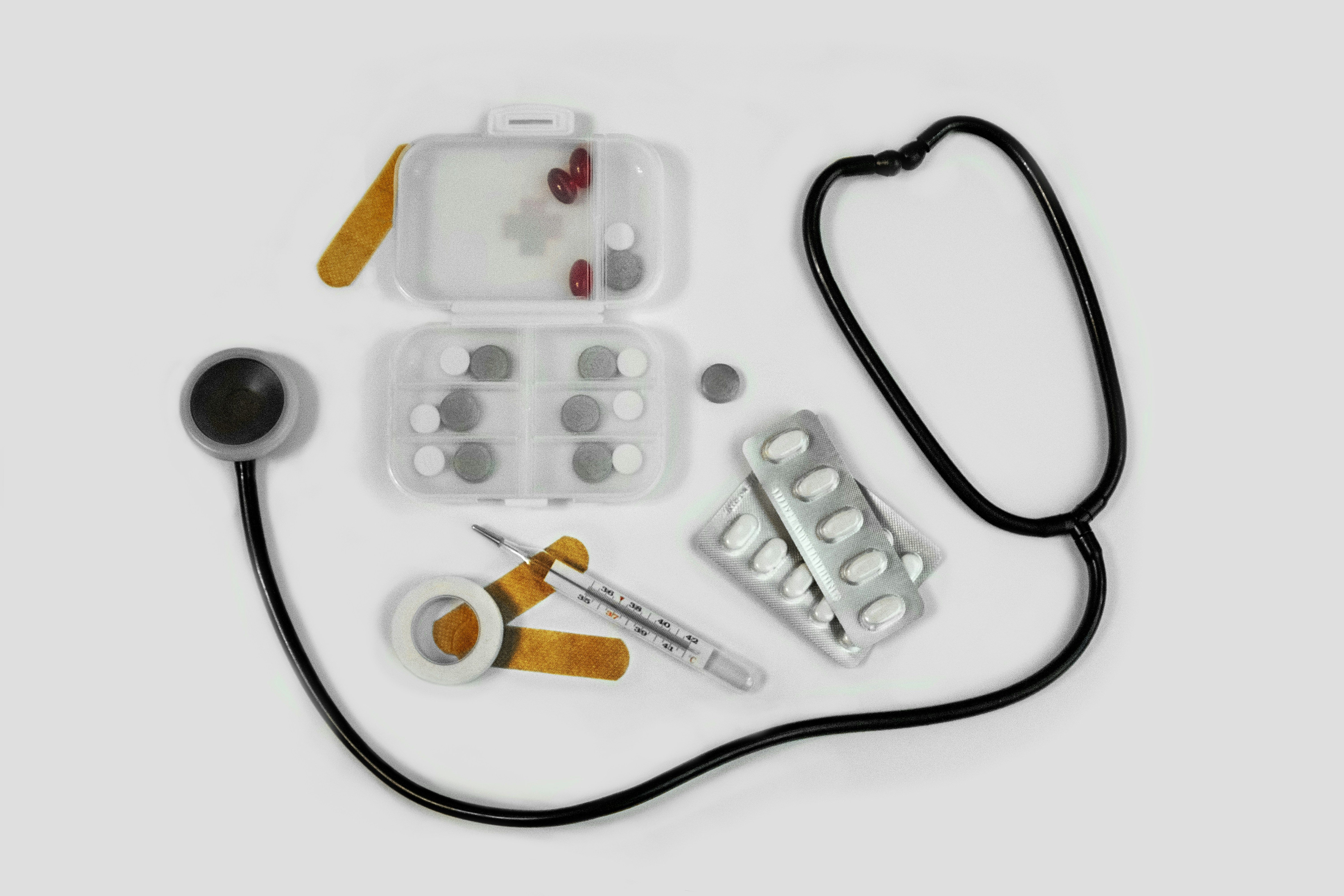Stigmatized, misunderstood, and attributed to supernatural causes throughout history, mental health care saw significant scientific progress in the 20th century. Whereas, in the 21st century, the focus has shifted from institutionalization to community-based care with novel therapies and preventative measures.
However, stigma and access to care remain significant barriers to seeking help. Moreover, technological progress and changing socioeconomic factors have led to a meteoric rise in mental disorders such as anxiety and depression:
- Globally, almost 1 billion people (or 1 in 8 individuals) live with a mental disorder. (WHO)
- In the US, 1 in 4 adults experience a mental illness each year (Hopkins)
- Additionally, 1 in 5 youth aged 13 to 18 will face a serious mental illness during their lifetime. (CDC)
While these numbers are alarming, the future of mental healthcare seems promising with the marriage of healthcare and technology. One offshoot of this merger is the advent of mental health mobile apps (MHMAs), popularly known as “pocket-friendly therapists”.
Although some severe mental disorders require in-person therapies and inpatient treatment, MHMAs have been instrumental in alleviating several mental problems and promoting overall mental well-being for a wider population.
Why Mental Health Mobile Apps Are More Convenient
Smartphones are not just communication devices anymore. They have become multi-utility tools with apps ranging from entertainment to financial management and healthcare, including managing mental health. In just over a decade, mental health apps have reached an unprecedented milestone in healthcare history, with over 10,000 apps and 400 million annual downloads.
During the COVID-19 pandemic when movement was restricted, many of these apps mushroomed to cater to the increased needs of patients who couldn’t access traditional therapy. They helped people who lived in remote areas and couldn’t travel long distances to consult a psychiatrist. They even helped the WFH employees and working moms who didn’t have time to visit a therapist.
With the facility of getting mental health advice right at the fingertips and accessible from anywhere, anytime, these apps have become an instant hit and are used by millions worldwide.
Furthermore, the inclusion of AI into several digital services has revolutionized how we perform tasks as banal as shopping to as vital as healthcare and supporting mental health issues. Plus, advanced technology has enabled access to mental health support with discreet and convenient health-related mobile apps. This is particularly useful to marginalized communities with a prevalence of mental health stigma, making it less stigmatized.
While MHMAs aren’t a substitute for professional treatment, they help:
- Make anonymous support more accessible for people who fear societal judgment.
- Get temporary relief from anxiety through guided meditation.
- Ensure mental health monitoring between clinic visits.
- Complement traditional therapy during critical times.
- Track mood changes and provide mood improvement through journaling.
MHMAs: Affordability and Accessibility
Another limitation of traditional therapy is the expensive fees associated with mental health treatments for complex disorders like ADHD, OCD, PTSD, and Bipolar Disorder. While extreme cases of these disorders need in-person psychiatric treatment, mild cases can be effectively treated using low-cost app interventions.
For instance, a study revealed that apps with no (or minimal) costs helped university students with ADHD evade financial barriers to getting effective treatment. Another study found that the price average of 11 paid apps was $5.26, much lower than in-person therapy costs ranging from $100-200 per session.
Consequently, more people are drawn toward using these apps in conjunction with traditional psychotherapy as they provide a low-cost alternative to people with different financial backgrounds.
Additionally, since people need only a smartphone to use these apps, it makes mental health care more accessible to people living in rural or underserved areas where mental health facilities and specialists are scarce. Even public health organizations like the U.S. National Institute of Mental Health (NIMH) and the UK’s National Health Service (NHS) regard mental health mobile apps as cost-effective and scalable tools to bridge the mental health treatment gap.
As such, technology has the potential to significantly improve the delivery and accessibility to mental health care with scientifically tested and regulated mobile apps.
How Mental Health Mobile Apps Enable Self-Care
With more than 61% of people owning a smartphone, it is not surprising that there are thousands of mobile apps providing personalized support as a means of mental health self-care. The highest number of users of such apps comes from the 98% of smartphone-owning Gen Z, the generation most affected by mental health disorders.
Several apps have features allowing users to self-track their moods by reporting their behaviors, thoughts, and actions at regular intervals. This helps them raise their emotional self-awareness, which in turn, decreases symptoms of mental illnesses such as depression, anxiety, and substance abuse.
For instance, in a study of mobile apps for the management of substance use disorders, researchers found that apps can provide craving management, coping assistance, and psychoeducation to users, potentially improving treatment outcomes.
Self-care apps also benefit users seeking to understand their symptoms before visiting a psychiatrist. They allow users to deal with their condition at their convenience and help improve their awareness regarding their symptoms, encouraging them to consult a psychiatrist eventually with greater confidence.
Telepsychiatry: Challenges and The Way Forward
Although smartphones offer accessible mental health support, they also contribute to mental health issues, especially among youth. While several studies confirm the usefulness of MHMAs in supplementing traditional mental health care, we still need more research regarding their efficacy and safety as an alternative to conventional therapy for severe illnesses. For instance, MHMAs must be tested rigorously to ensure users are not exposed to therapies or drugs that are detrimental to their health.
Moreover, quality and data privacy concerns remain. Experts are concerned that owners could misuse users’ data, a data breach could compromise it, or users could be exposed to harmful content.
One of the biggest reasons for their unrestrained growth is that most low-quality apps are developed and distributed without any professional oversight or regulations, allowing them to manipulate vulnerable users for profit, without guarantee of safety or effectiveness.
MHMAs also lack the human touch and empathy of a human professional. Some rely solely on chatbots that offer pre-programmed responses to users, leading to unsafe advice or treatment. Additionally, their limited treatment capacity makes them unsuitable for extreme mental illnesses like acute depression, bipolar disorder, schizophrenia, or those that require intensive therapies.
Despite these limitations, MHMAs can be beneficial when used alongside traditional therapy under professional guidance. However, mental health professionals, app developers, and policymakers must collaborate to regulate and control their quality to ensure technology's safe, effective, and ethical use and provide personalized and easily accessible mental health care to all.
Unlock the Power of MHMAs - The Pocket Therapists
Several studies have validated the convenience, accessibility, and affordability of MHMAs for millions when used in conjunction with in-person professional help.
Though still in infancy, MHMAs hold immense potential to circumvent the roadblocks of traditional therapy – expensive in-person sessions, clinician scarcity, and stigma. If implemented correctly, they could revolutionize mental healthcare and promote mental well-being, especially for underserved communities worldwide.
It is the collective responsibility of all stakeholders – mental health experts, app providers, policymakers, and users – to optimize the use of MHMAs, ensuring a safe and effective mental health journey for all.




